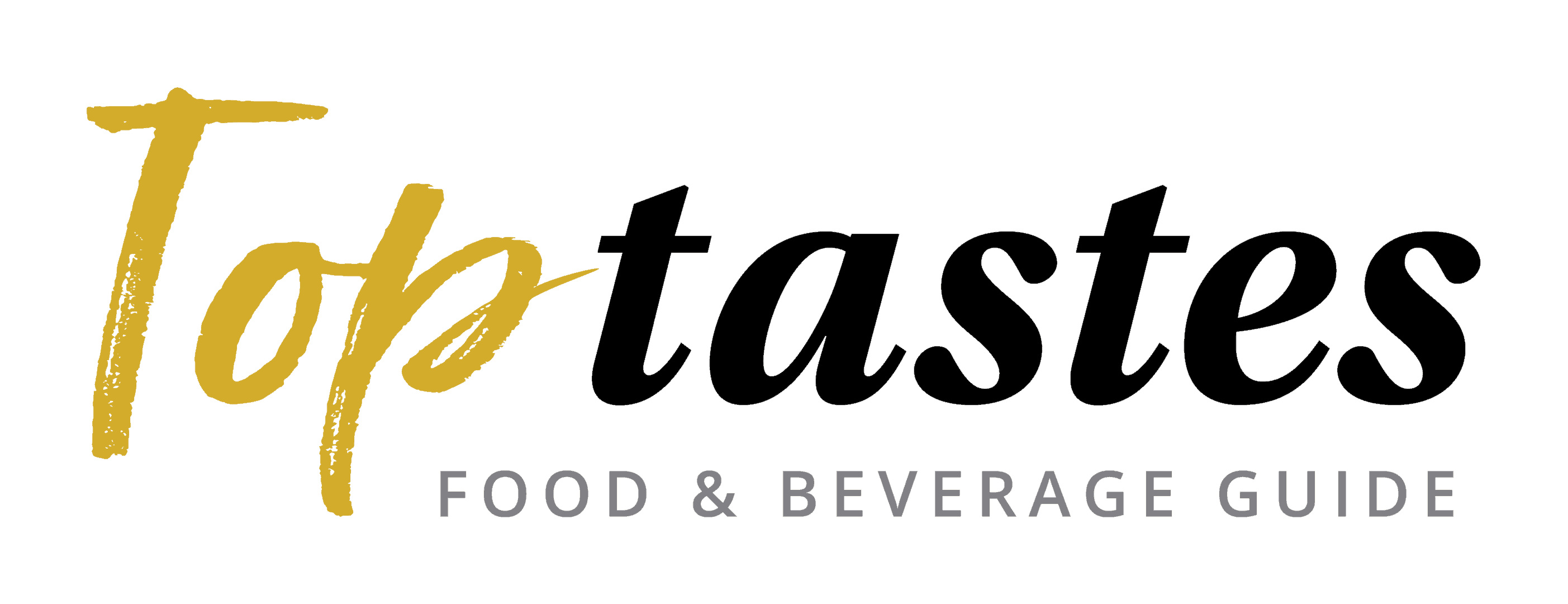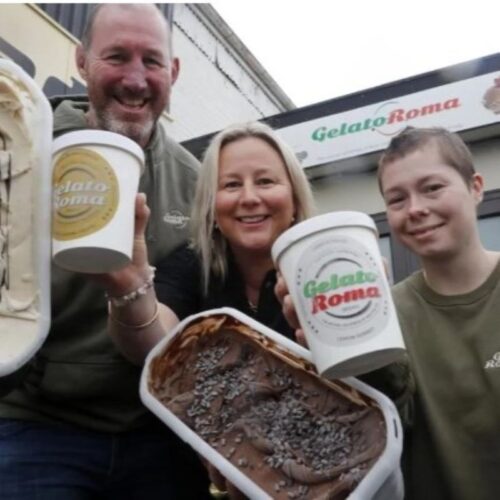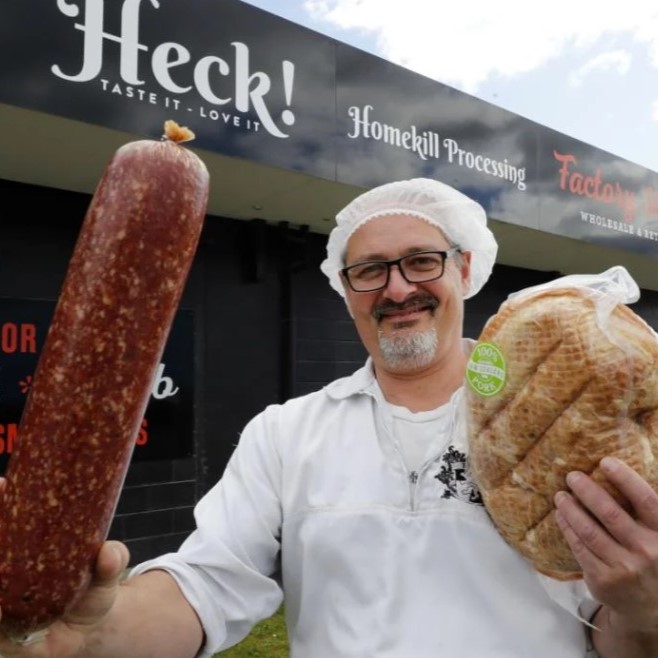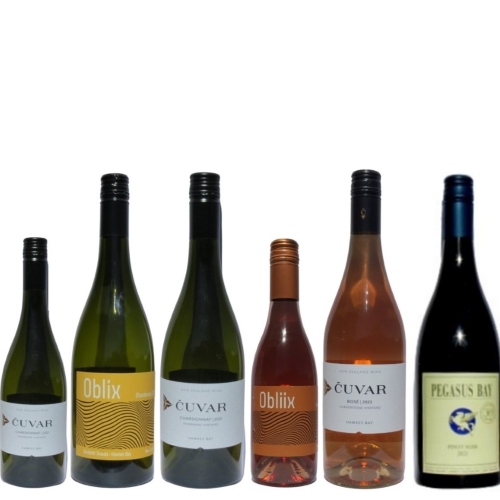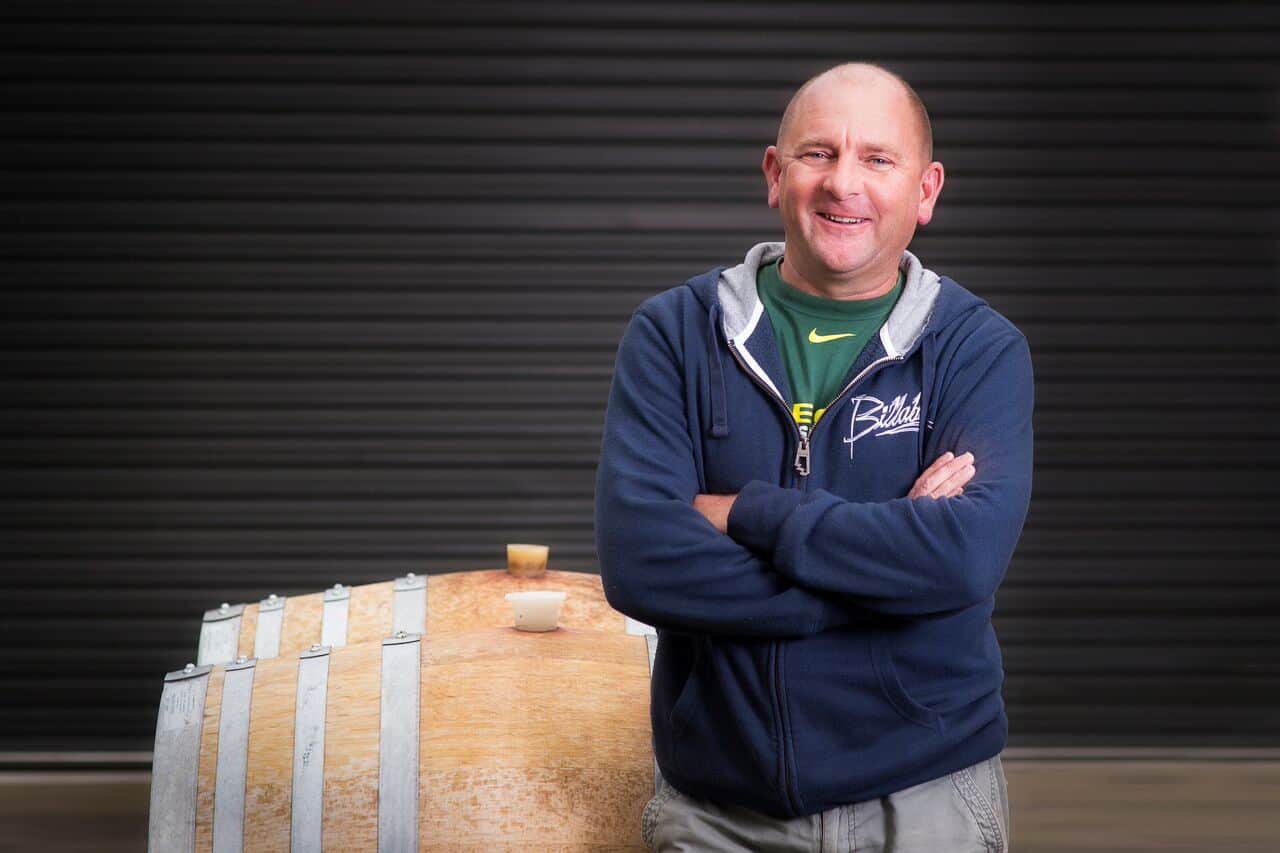
Kosher Wines – NZ Winegrower Magazine October 2015
Phil and Sheryl Jones established Spencer Hill Estate in the heart of the premium Moutere Hills sub-region of Nelson in 1990. They bought a stunning piece of land and went about making a range of Chardonnays, Oak Aged Sauvignon Blancs, and Pinot Noirs.
The first wine they made from young vines was released under the brand of Tasman Bay in 1995 with the Spencer Hill brand retained for the more complex wines to come as the vines got older. This first Chardonnay (1994 vintage) won the Champion Chardonnay and Champion White Wine trophies and was named as the Reserve Wine of Show at the Air New Zealand Wine Awards in 1995.
The trophy success of this first wine ensured that Tasman Bay Chardonnay became a staple on many wine lists and held premium spots on the shelves of wine retailers, it also created a solid reputation for the Tasman Bay brand and ensured wines that followed also found a spot on retail shelves.
Current General Manager, Matt Rutherford, started working for Spencer Hill Estate on day one, initially helping establish the vineyards and with Phil and Sheryl planned the development of the business, including deciding what varieties would work best on their site and the style of wines they wanted to produce. Among this decision making in the early years was to create an oak influenced Sauvignon Blanc, something they still produce very successfully today.
Over the years as the business evolved and grew into export markets they saw an opportunity to create a range of wines that targeted residents of Phil’s home country, America. More specifically they saw an opportunity to produce kosher wines for the large Jewish community.
The move to producing kosher wines started in 2005. Phil approached the world’s largest Kosher Wine Distributor, Royal Wine Corporation in New York, about it and were told they would take a kosher wine from Spencer Hill if it was good wine as well as being Kosher but they also said they doubted it could be done. Phil and Matt were determined that if they were going to make a Kosher wine it was going to be good and would not just make it for the sake of having Kosher wines in their portfolio.
The journey of learning had begun, the rules around producing any kosher product are strict and for a non-Jewish winemaker there were plenty of logistical challenges for Matt to manage.
To put these challenges in perspective it is worth considering what kosher means. KOF-K Kosher Supervision, one of the foremost kosher certification agencies in the United States says “‘Kosher’ is a Hebrew word that literally means ‘fit’ or ‘proper’. When used in relation to food products, ‘kosher’ means that the item in question meets the dietary requirements of Jewish law.
“The principles governing what is kosher and what is not, are rooted in the Written Torah (the Bible) and the Oral Torah. These laws have been observed by Jews for over 3,000 years. Over the centuries, the Rabbis have explained, detailed and organized these Divine laws, applying them to ever-changing situations and developing technologies. The laws relating to kosher foods are intricate and detailed, and it takes years to master the subject in depth.”
Matt says “the rules for making a kosher product, in our case wine, start when the intent is expressed so if you decide the quality of a particular parcel of fruit is good enough to be turned into a kosher wine when the fruit is delivered to the winery then the kosher system kicks in at the winery. From the first act of starting the winemaking process kosher systems and requirements must be strictly observed.”
At this point only a Sabbath observant Jew can touch the wine, handle the equipment, move a hose with wine in it or have any contact with the wine. Non-Sabath-observant people can’t touch anything. Only when juice or wine has been made as a mevushal wine (flash pasteurised) at that point is a non-Jew allowed to handle the wine.
Flash Pasteurisation doesn’t harm the wine and some wineries are running trials with this for non-kosher reasons – flavour enhancement, stabilisation and flash pasteurisation helps with aroma profile enhancement.
No matter how the wine is made the process still has to be observed by Sabbath observant Jew, “tanks still need to be sealed with kosher seals so no one can touch the wine, we can’t use many things – no gelatine or milk product for example so we need to be very careful at the front end of winemaking to make sure we don’t need to use something later in the process, there are so many things we can’t use and that is a key reason we only make kosher wines with exceptional fruit”. Matt also says “wine is the most complicated kosher product made because of religious significance of it, it is used at Passover and other religiously important occasions by the Jewish community”.
All ingredients used in the winemaking process must be kosher certified (yeast as an example) and many of these are not commonly available in New Zealand so Spencer Hill direct import the majority of their kosher winemaking supplies.
Another important part of producing kosher wine is that the process has to be overseen by Rabbis Mashgich (supervisor) of an acceptable level to the certifying agency and as there are lots of times in the year when there are no Rabbi available in New Zealand they need to fly one in from Sydney or US, normally several times during the winemaking process.
A non-Jewish winemaker can’t do any winemaking without having Rabbi present so they have to accumulate winemaking tasks and then fly in a Rabbi to do certain things and that means they have had to modify their winemaking techniques.
Winemaker Jules Randall can deal with some white wines that are Mervushal wines but he has no access to red wines because they can’t go through the flash pasteurisation process until almost a finished wine because you need to retain various characters for processes like malo fermentation to happen in the barrels.
It is a very nervous time in the winery because they can’t just take a sample from a barrel to check, only an appropriate Rabbi can. Matt says ‘this goes back to being meticulous in everything we do because we simply can’t access the reds to taste and check them. The barrels are sealed with tape and other seals which are signed multiple times by the Rabbi to ensure the seals aren’t disturbed.”
All of this effort is paying off for Spencer Hill, their Kosher wines have won gold medals at international wine competitions for kosher wines alongside their non-kosher products. The wines have a very good reputation and this reputation for quality is one of the reasons their US wine business is going well in the niche market they serve (8000 cases a year). The wines also sell at a sound price, up to US$40 a bottle. For Spencer Hill the small volume high end kosher production, with plenty of Kiwi can-do attitude to make it, has enabled them to take the expertise they have developed in New Zealand to another parts of the world and that is something they are particularly proud of.
Phil and Sheryl purchased some land and established vineyards in Washington State in 2007, they planted vineyards in Hood River, Colombia Gorge in Oregon and took the knowledge they had accumulated making kosher wines in New Zealand to the US. From the very first Hood River vintage in 2010 only kosher wines have been produced at this winery.
Until Spencer Hill started making kosher wines the Jewish community had never been allowed to drink New Zealand Sauvignon Blanc and the first kosher New Zealand Sauvignon Blanc is proving very popular in New York.
Spencer Hill sell their kosher wines through a Kosher certified agent in the US who redistributes the wines around the world, including Israel. A key time in the market for sales is Passover and this particular religious celebration requires food to be vegetarian, so in making kosher wine for Passover they end up with a product that is also vegetarian and vegan, another niche market for them.
Matt says “you want your wine on the shelves by early March because Passover is like Christmas here when it comes to the volumes of wine sold, it is an important sales period for kosher wines.”
Being able to make wines close to their key New York marketplace has been an important move for Spencer Hill, there are Rabbis there who can supervise and certify wines as kosher so they save on some travel and freight costs but it does come at a personal cost, Matt, Phil and Sheryl make four or five trips a year to the US to oversee the vineyards and winemaking process.
As Matt says “the process of making kosher wine isn’t for the feint hearted, it takes huge dedication over and above the work we do in making non-kosher wines but it is a valuable market for us and now we have developed a reputation for delivering a quality product our distributors don’t have any problems selling the kosher wine that we market as Goose Bay”.
